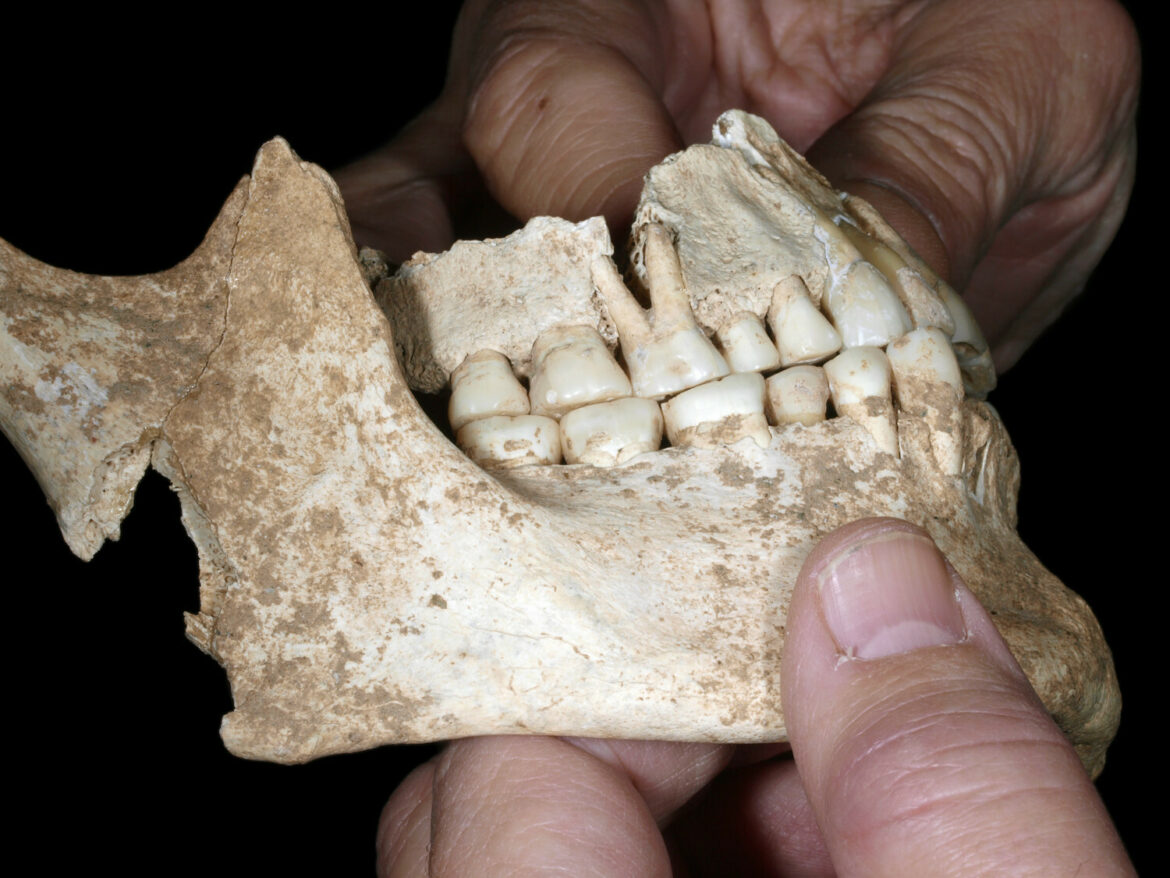The researchers from the Faculty of Biology and Environmental Protection at the University of Łódź are seeking answers to questions such as: what we ate 6 000 years ago, how men’s and women’s teeth differed in the early Middle Ages and whether contemporary malocclusions are the result of evolutionary changes.
“Teeth are an excellent study material because, compared to bones, they are more resistant to the effects of unfavourable environmental factors such as temperature, drying out or being submerged in water. In addition, teeth form once in a lifetime and, unlike bones, they do not undergo restructuring”, says Dr Justyna Karkus from the Department of Anthropology
The work of biologists from the University of Łódź is intended to show how the human chewing system has changed over the last 6 000 years, i.e. since the Neolithic period.
According to Dr Karkus, very large differences can be seen between the skeletons of people from the Neolithic and from the early Middle Ages.
The researcher added that during this time, populations changed tremendously in terms of culture. During the Neolithic period, scientists observe a very high burden on the masticatory system, due to the hard diet, the lack of crushed food and heat treatment, but also the strain on the teeth during work using the teeth as a so-called third hand.
Dr Karkus points out that dental examinations are often used in forensic science. On their basis, it is possible to assess the age at the time of death or the diet of the individuals, and indirectly also their socio-economic status. The type of work performed can also leave traces on the teeth.
“Tailors, shoemakers, confectioners or bakers will have changes in their teeth characteristic of their occupation. For the first two professions, these will be grooves on the incisal edge of the teeth, caused by holding needles or thread with the teeth. Confectioners and bakers, on the other hand, will have carious cavities because airborne sugars will be deposited on the teeth and lead to their destruction”, the researcher points out.
Arkadiusz Słomczyński





